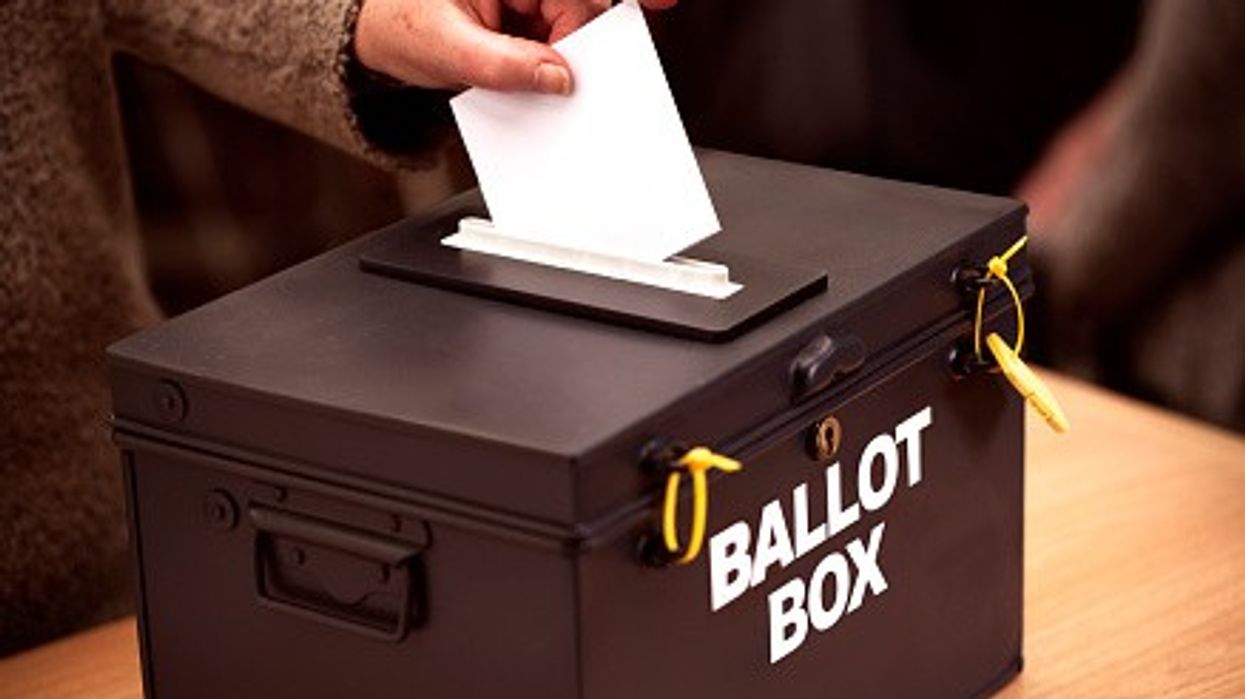The trade union says that the NPA’s action should not be referred to as a “strike or industrial or collective action”
The Pharmacists’ Defence Association (PDA) has raised concerns about inaccuracies in media reports regarding a campaign launched by the National Pharmacy Association (NPA) to ballot members in protest over funding issues.
The PDA clarified that only trade unions, like the PDA Union, can conduct ballots for industrial action.
Therefore, it argued that the NPA’s action should not be “inaccurately described as a strike or industrial or collective action.”
The PDA further explained that NPA's proposed ballot pertains to a contractual dispute between businesses operating community pharmacies and the NHS commissioners in England, Wales, and Northern Ireland. Additionally, the PDA noted that the NPA is not conducting a ballot for its members in Scotland.
While some reports have stated that ‘pharmacists’ are being balloted for the first time to take collective action, the PDA pointed out that many NPA members are, in fact, business owners and investors, not pharmacists.
PDA members on the front lines are concerned that major broadcast channels are not correctly representing the action being launched.
The PDA has urged these broadcast channels to ensure that future coverage clarifies that the campaign involves “pharmacy owners who are NPA members, and who between them operate around 50% of all community pharmacies in Britain.”
With over 38,000 members, the PDA is the largest pharmacist membership organisation and the only independent trade union of pharmacists in the UK.
Representing pharmacists on the front line across various healthcare settings, the PDA advocates for a significant and urgent investment in community pharmacy funding.
The trade union highlighted that the current funding crisis is severely impacting the pharmacy workforce, with many PDA members considering leaving the sector due to increased workplace pressures.
The NPA, which represents 6,000 community pharmacies across the UK, has announced that it will be sending a formal ballot to its members to vote on work to rule plans to protest against a decade of cuts to pharmacy funding.
The ballot will ask pharmacies to consider a range of actions if the financial situation for pharmacies does not improve.
This includes, reduction in services; cut hours to contract minimums; withdraw free deliveries or end the provision of free blister packs; cease to share data with the NHS unless it’s a legal requirement; and consider serving notice on a range of locally contracted services, negotiated directly with local authorities.
The ballot will be open for responses for six weeks and any action supported by a majority of pharmacies could take place before Christmas.
Paul Rees, chief executive officer at the NPA accepted that there may be some inconvenience for patients but stressed that it’s “far better for pharmacies to still exist than to not exist at all”.













